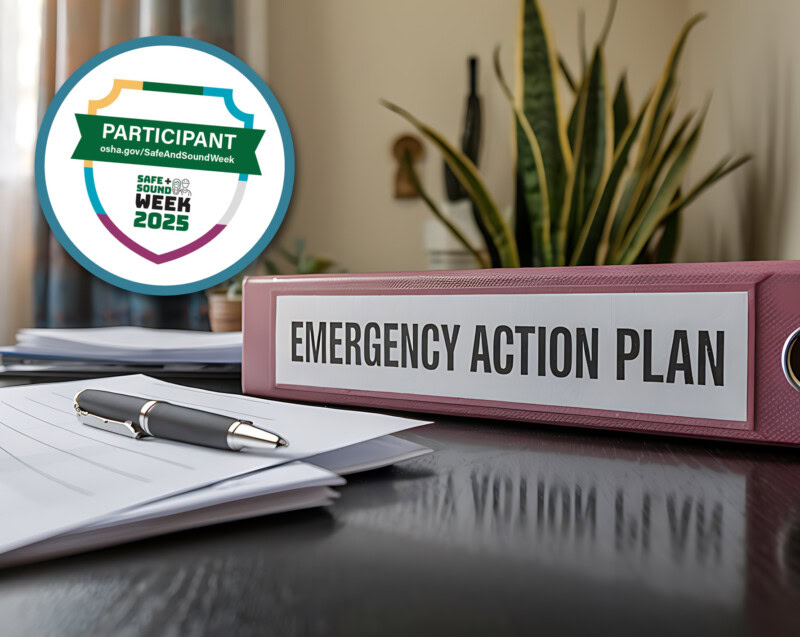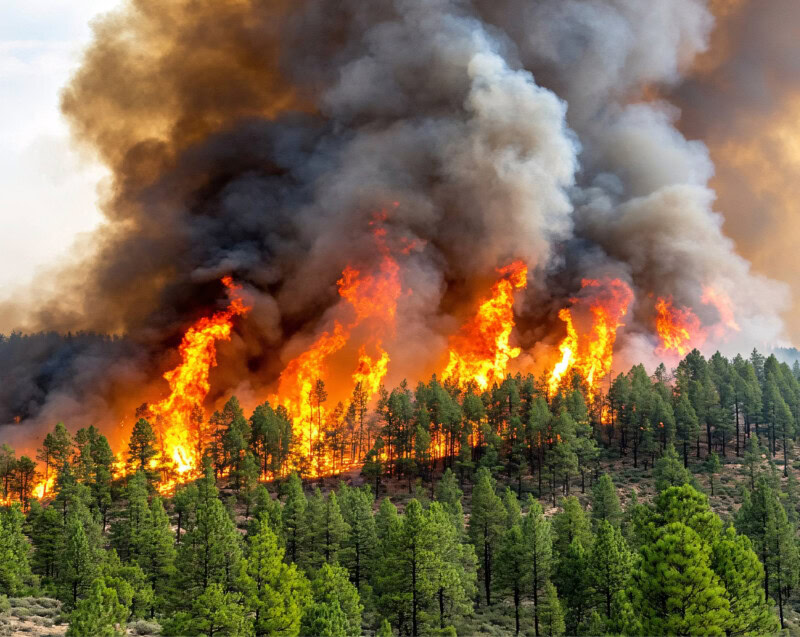In emergency response, preparation begins long before the call comes in. For Senior Consultant Josh Dubach, it is the foundation that keeps teams effective when the stakes are high. His career has taken him from the U.S. Coast Guard to corporate emergency management roles and now to CTEH’s Response Management team. Through every chapter, one truth has stayed the same: preparation saves time, resources, and lives.
“Preparedness is a cycle,” Josh explains. “You write the plan so you can think through what to do during an emergency, instead of trying to figure it out at two in the morning when the call comes through.” It begins with a plan, developed by subject matter experts who understand both the risks and the strategies to address them. Once the plan is created it is then taught to responders during training and tested in exercises to reveal what works and what needs to change. This process builds familiarity between team members and clarifies each person’s role before the real test arrives.
When organizations skip this work, Josh says the impact can be immediate. “A command post can get chaotic if people are meeting for the first time during an incident. Without practice, overlapping responsibilities and conflicting actions slow the response down and waste resources.” CTEH works to prepare its professionals so we can step into the roles that clients need, when they are needed.
Technology is another force multiplier in preparedness. Josh points to CTEH’s drones, customizable data platforms and robotic K9s as tools that allow responders to act faster and safer. These innovations can remove the guesswork, reduce risks to personnel, and provide real-time information that shapes decision-making in the moment. “Fifteen years ago, if I wanted a bird’s-eye view of a spill, I had to send someone up in a helicopter,” he says. “Now we can have drones in the air within minutes, getting us the information we need without putting anyone at risk.”
Preparedness at CTEH, however, is not only for the clients. Our company invests both time and resources to keep our teams sharp. Annual goals include requirements that span multiple disciplines, exposing responders to a wide range of skills, from incident command to specialized techniques. Josh describes CTEH’s training and competency program as “impressive,” noting how the company tracks training, each with unique requirements. “That repetition builds muscle memory and reinforces core skills. It’s comprehensive, not just initially, but on an ongoing annual basis — and that’s a real strength for us.” Lessons learned from prior experiences are also applied to future efforts, allowing CTEH to serve as a clearinghouse for best practices across industries and helping clients avoid repeating the same challenges.
Looking ahead, Josh sees two priorities: staying ahead of industry shifts and maintaining a culture where readiness is shared by everyone. “We have to keep innovating and keep training. That’s how we make sure when the call comes, we’re ready.”
By participating in OSHA’s annual Safe + Sound Week, CTEH reinforces why this work matters. When the call comes, CTEH’s teams are not starting from zero. We are stepping into a situation with the confidence, relationships, and tools to respond effectively—because we have been preparing for it all along.
Want to strengthen your preparedness? Contact CTEH to learn how we can help.




